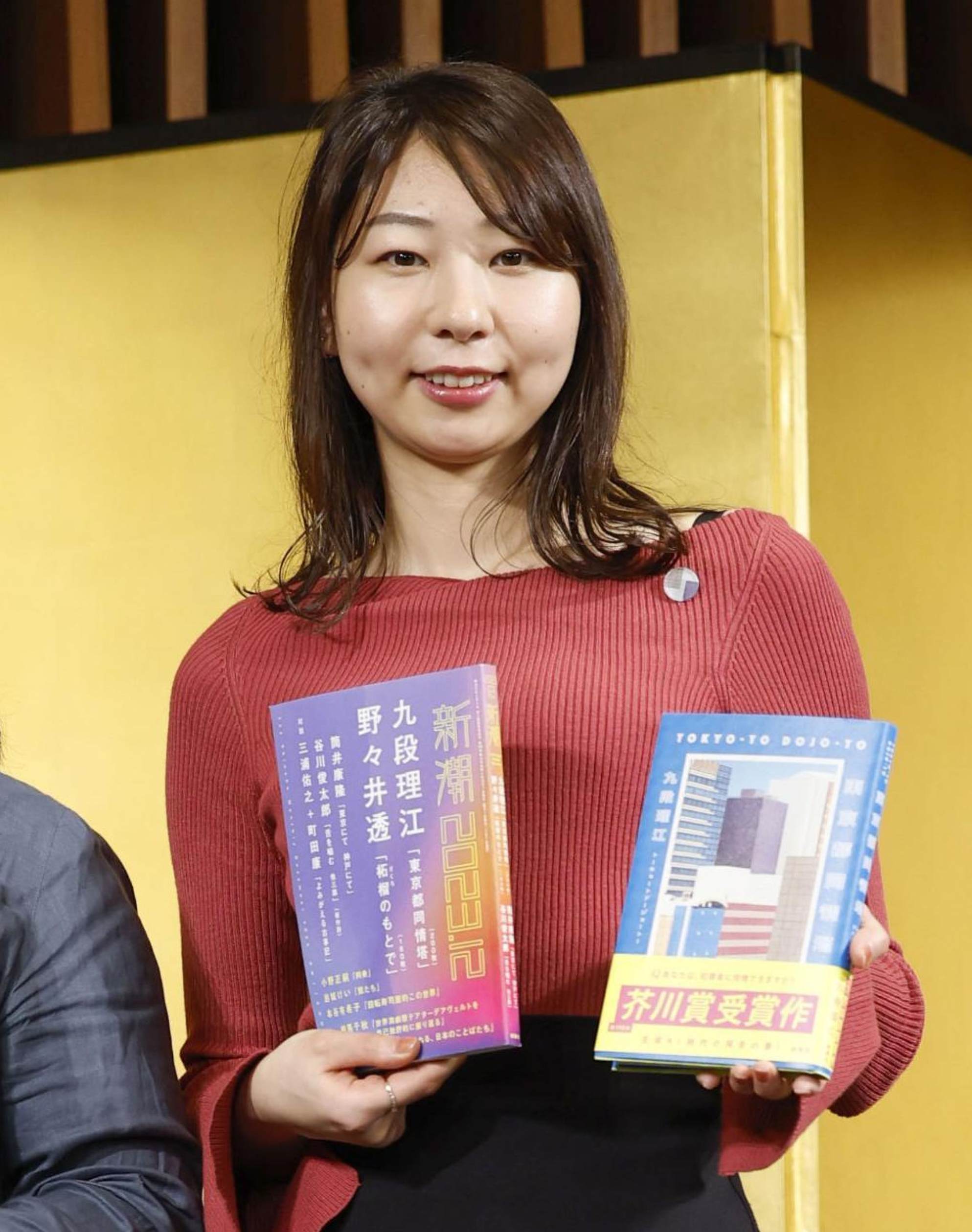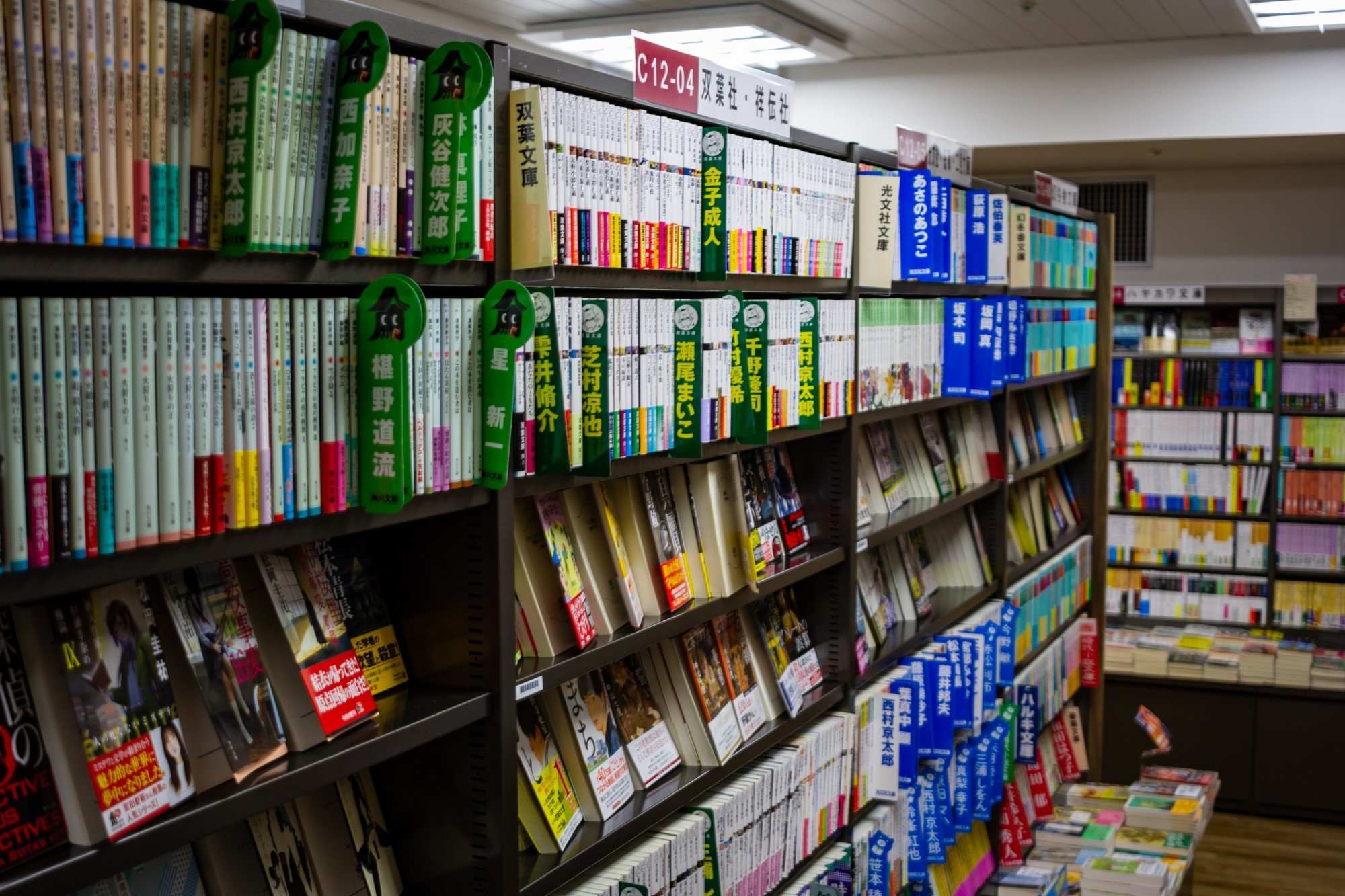Shuichi Yoshida, a novelist who sits on the prize’s selection panel, said AI hardly came up in discussions during the evaluation process, adding that “it may have been perceived as just another character in the story”.
But Kudan’s comments about using AI have stirred debate, with arguments coming from both sides on social media. The story has also made international headlines, being reported by CNN and other networks.
Generative AI is capable of generating text, images and other content via machine learning, often under the direction of commands input by a user. The technology enables people to generate literary and artistic works at the push of a button, without specialised knowledge in a given field.
As the number of people using generative AI grows rapidly, concerns abound that it could be used to disseminate false information or infringe on intellectual property rights, and discussions are under way to establish rules for its use.

There is a scene in Kudan’s book where “AI-built”, a fictional technology reminiscent of the modern-day ChatGPT developed by US-based OpenAI, answers the protagonist’s questions. Kudan explained later in an interview that she only employed AI-generated text in the responses given by AI-built in the story.
“While I borrowed [from AI] in parts, I made the appropriate modifications to the story so as not to disrupt the text’s flow,” she said. “When you read it back, the applicable text barely makes up a whole page, and I think my comments were overblown.”
One veteran editor said that while there was no issue with Kudan’s work itself, the revelations of AI use would impact rules for future submissions.
“Similarly to adding citations, I think we would like to be informed in advance,” the editor said. “Realistically, it is hard to discern [if AI was used during the writing process], and some readers may feel cheated if they find out after the fact.”
India’s first AI-generated film is raising excitement – and doubts
India’s first AI-generated film is raising excitement – and doubts
Changes are already afoot in science fiction, where AI is frequently subject matter taken up by the genre.
The Hoshi Shinichi Award for sci-fi literature has set out detailed requirements for the use of AI-generated content in submissions, including prohibiting its inclusion as is, without significant additions or revisions to the generated text, as well as keeping records of the process, among other rules.
However, literary critic Akira Okawada said that “many authors are already using AI to help them come up with ideas for themes or writing structures”, adding that Kudan’s comments about how she “made free use of generative AI when writing” seemed to reinforce this argument.
“While we still cannot create superior stories simply by using AI-generated text, we should discuss whether it will [eventually] supersede writers’ creativity,” he said.

Okawada added that exploring ethical complexities was one aspect of creative writing that AI still had difficulty with.
“Children learn the subtleties of human nature as they grow, but it is difficult for AI to do so and create work that addresses ethical themes in-depth,” he said.
Kudan’s novel examines the relationship between humans and language, and its attempts to look beyond existing ethical perspectives. She suggests that she herself is content with coexisting with AI.
“Even if AI were to imitate humans and write superior text, I would still want to write myself,” Kudan said. “That desire will never cease,” she said.

